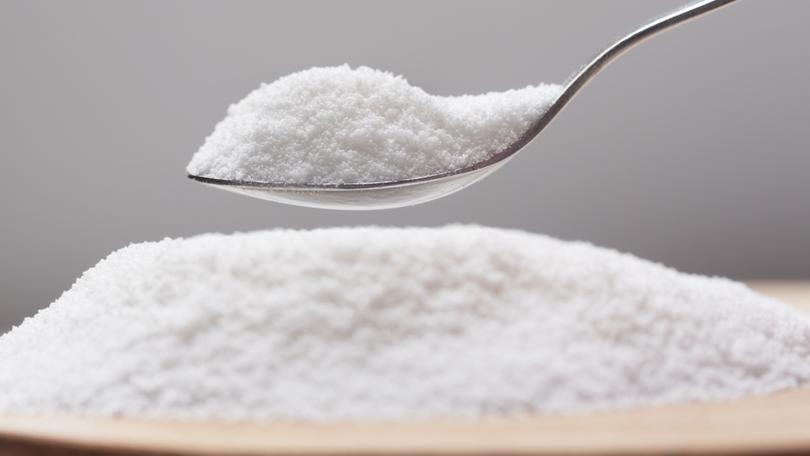Artificial sweetener Xylitol associated with increase risk of heart attack and stroke
It’s as sweet as sugar and meant to be a much healthier option but a worrying new study has revealed a common artificial sweetener could have a potentially deadly sting in the tail.

It’s as sweet as sugar and meant to be a much healthier option but a worrying new study has revealed a common artificial sweetener could have a potentially deadly sting in the tail.
Xylitol — often used in sugar-free lollies, low-sugar baked foods and products such as toothpaste and mouthwash — has been linked to a higher risk of heart attack and stroke.
Already known to have some uncomfortable side effects, including diarrhea and gas, these findings have prompted a grim word of warning from researchers for anyone adding these products to their shopping baskets.
Sign up to The Nightly's newsletters.
Get the first look at the digital newspaper, curated daily stories and breaking headlines delivered to your inbox.
By continuing you agree to our Terms and Privacy Policy.Xylitol is a sugar alcohol used as a sweetener that is usually made commercially from corncobs, birch trees or genetically engineered bacteria.
In the past it has been linked to health benefits, including improving oral hygiene, stimulating the immune system and obesity control.
But study research lead Stanley Hazen of the Cleveland Clinic‘s Center for Microbiome and Human Health said his team found the higher the circulating xylitol levels the higher the three-year risk for cardiovascular events among 3000 patients in the US and Europe.
Patients with the highest amount of xylitol circulating in their plasma were more likely to experience a cardiovascular event.
Those whose levels of xylitol were in the top 25 per cent of the study group were at double the risk for heart attack, stroke and death than those in the bottom quartile.
Worryingly, the researchers found platelets were more likely to clot and cause thrombosis after introducing xylitol.
“This study again shows the immediate need for investigating sugar alcohols and artificial sweeteners, especially as they continue to be recommended in combatting conditions like obesity or diabetes,” Dr Hazen said of the research, which was published in the European Heart Journal.
“It does not mean throw out your toothpaste if it has xylitol in it, but we should be aware that consumption of a product containing high levels could increase the risk of blood clot-related events.”
Dr Hazen and his team previously made similar findings linking artificial sweetener erythritol to cardiovascular event risk.
Evidence about the dark side of artificial sweeteners has been building for some time.
In 2023 the World Health Organization issued a new guideline on non-sugar sweeteners, recommending against their use to control body weight or reduce the risk of noncommunicable diseases.
It came after a systematic review of evidence that suggested they did not provide any long-term benefit in reducing body fat in adults or children and, in fact, could have potentially undesirable effects from long-term use, such as an increased risk of type 2 diabetes, cardiovascular diseases, and mortality in adults.
This advice related to artificial sweeteners that included acesulfame K, aspartame, advantame, cyclamates, neotame, saccharin, sucralose, stevia and stevia derivatives.
The advice did not relate to low-calorie sugars or sugar alcohols (polyols) such as xylitol.
The Cleveland Clinic’s findings will now add to the push for more research in the area, with Dr Hazen telling The New York Times that they warranted an overhaul of nutrition labels to note that xylitol is no longer generally recognised as safe.

